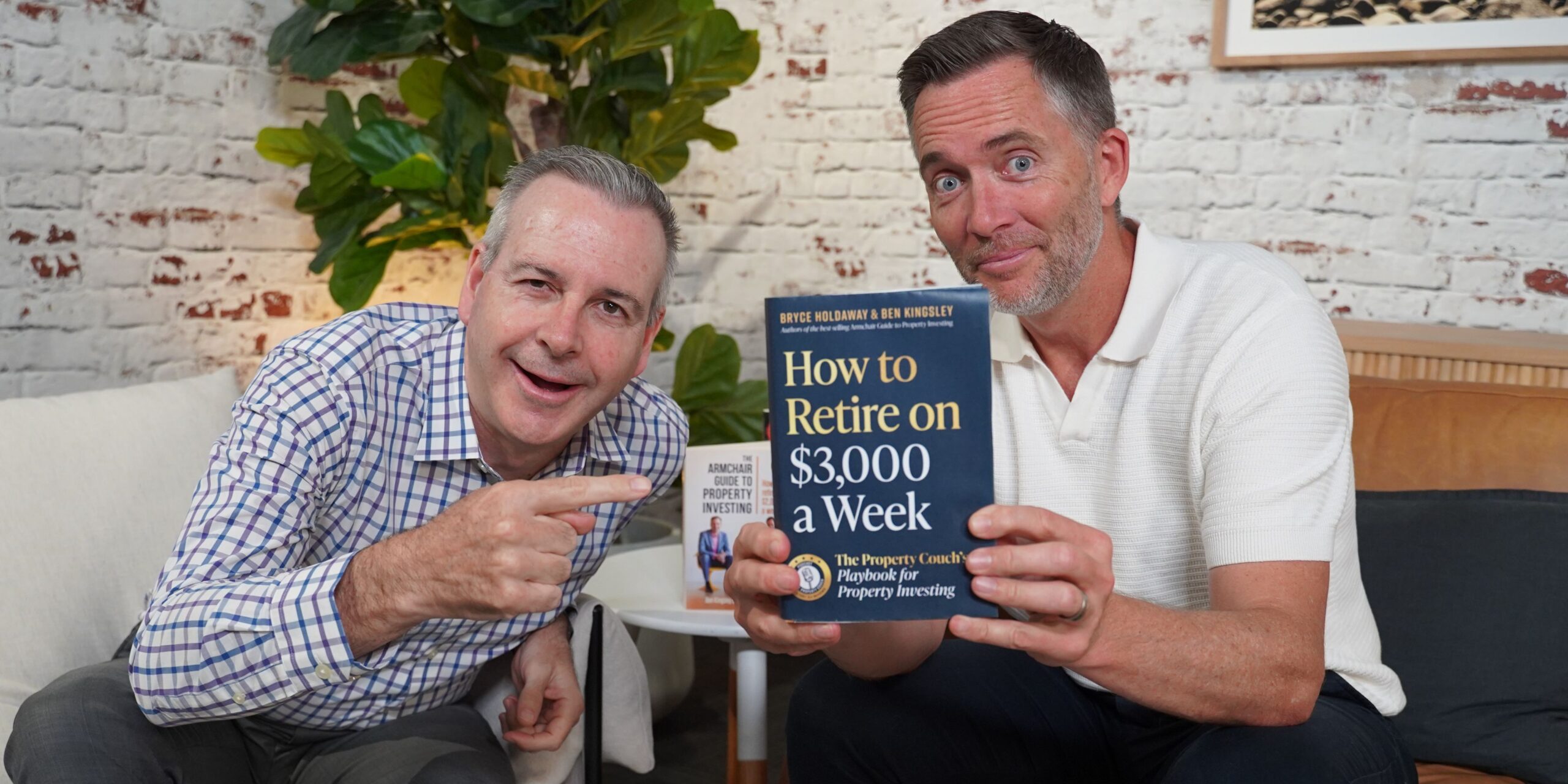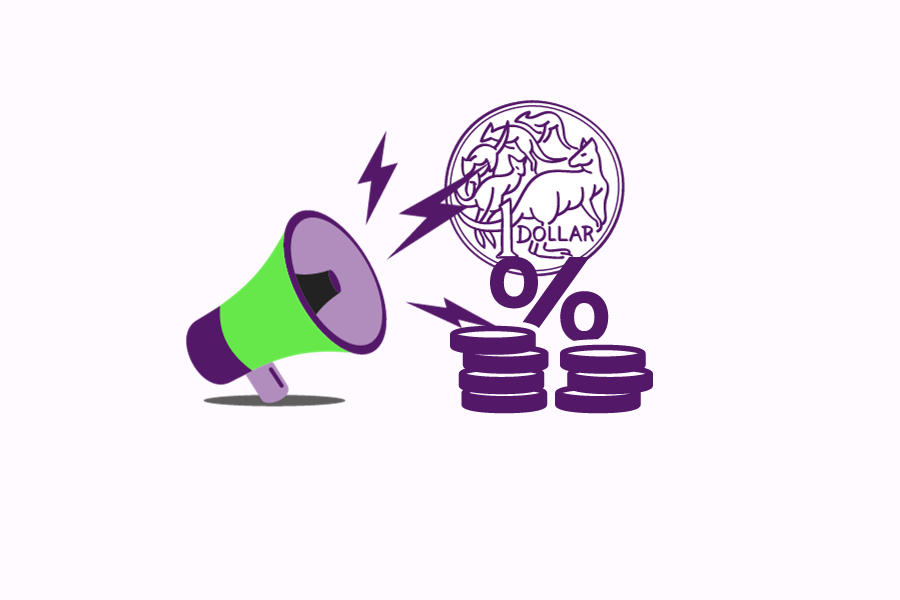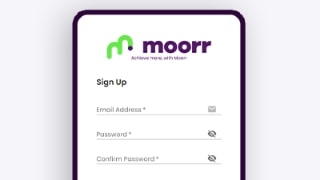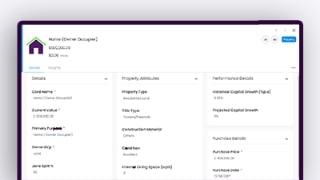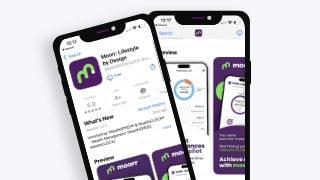How do you deal with mistakes? Mistakes are part and parcel of being human. We make them all the time, but we don’t like to admit it.
This is a natural bias to protect oneself and avoid the social insecurity that comes with making a mistake.
When you add money and investing to that, the mistake gets amplified, and the associated feelings get magnified even further. This issue in finance is often referred to as the Sunk Cost fallacy.
The most telling example of the Sunk Cost fallacy isn’t just an individual problem; it can also become a group, state, or sovereign problem. That’s why it’s sometimes called the Concorde fallacy.
Concorde, the aviation giant, was a sunk cost from the day it started in the 1960s when the British and French governments invested through their respective aeronautical agencies. The initial budget was £1.5 billion, but by the time they manufactured and got the planes in the air in the late 60s and early 70s, they had spent £9.3 billion and only made twenty planes. Despite the high costs and inefficiencies, they persisted with an airline that cost 30 times its cheapest equivalent for the same routes. After the tragic Air France flight crash in 2003, British Airways finally gave up on Concorde in 2004. By then, it had lost over £190 billion in its entire lifecycle.
This is a clear example of sunk cost because, despite all the evidence and numbers, the human effort, time, and intellectual capital invested in Concorde were too great to abandon, even though the project was a mistake from the beginning.
So, reflect on your own situation. What project, effort, time, or emotion are you investing in, that is not giving you the return you need? It’s not just about capital; sunk cost spans emotion, time, belief, and capital.
How do you get out of a sunk cost situation?
The first step is being honest with yourself. Next, consider the past cost and future benefit. Evaluate what else you could be doing with your resources if you stopped investing in the current project and redirected them to something more beneficial. By taking your loss and looking forward, you can offset the past losses with future gains from a more rewarding project. This requires self-control and belief, but it is the way to break free from sunk cost. Remember, we all make mistakes, including financial and sunk cost mistakes. The key is to break from the past and focus on the future.
👉 Dive into financial empowerment with Moorr! Tap here to download the app for Android devices or here for Apple devices.
